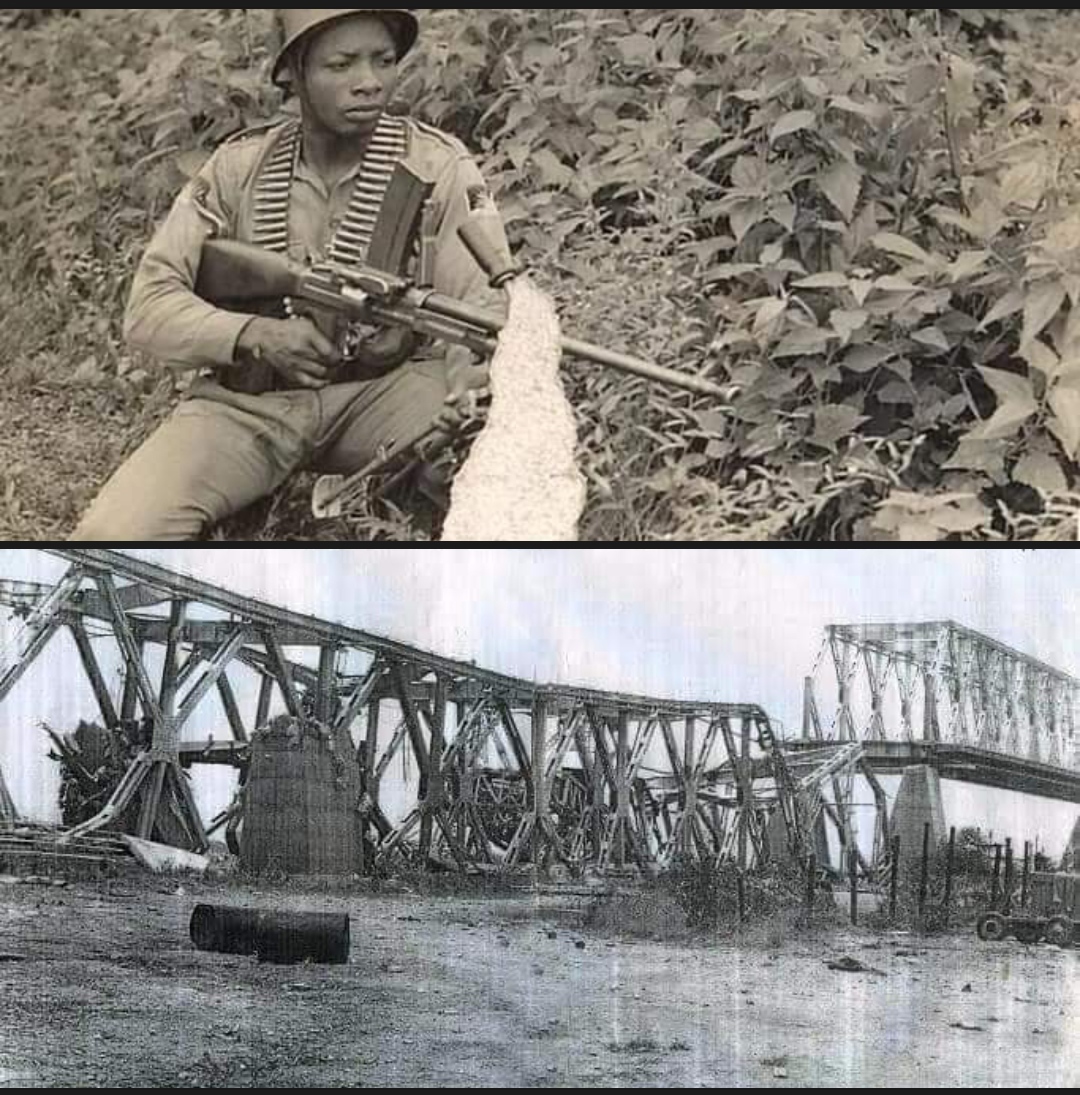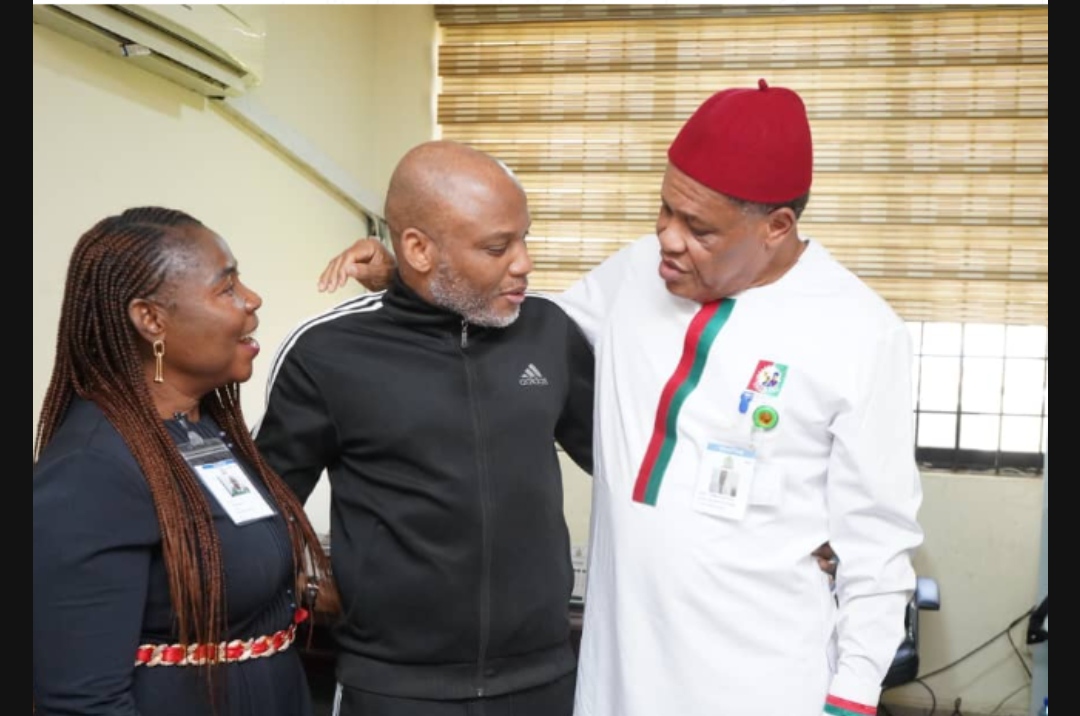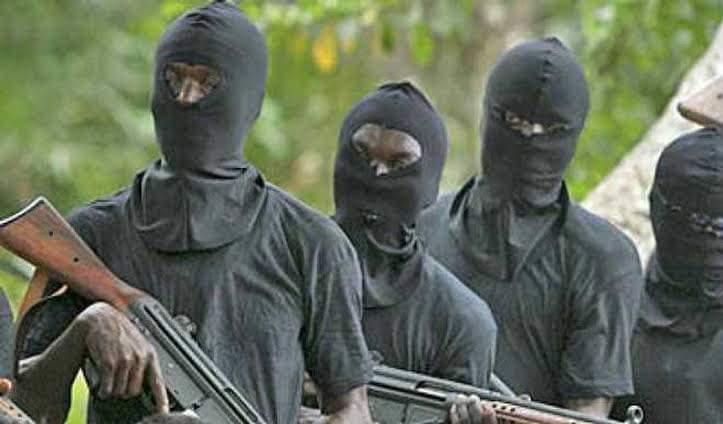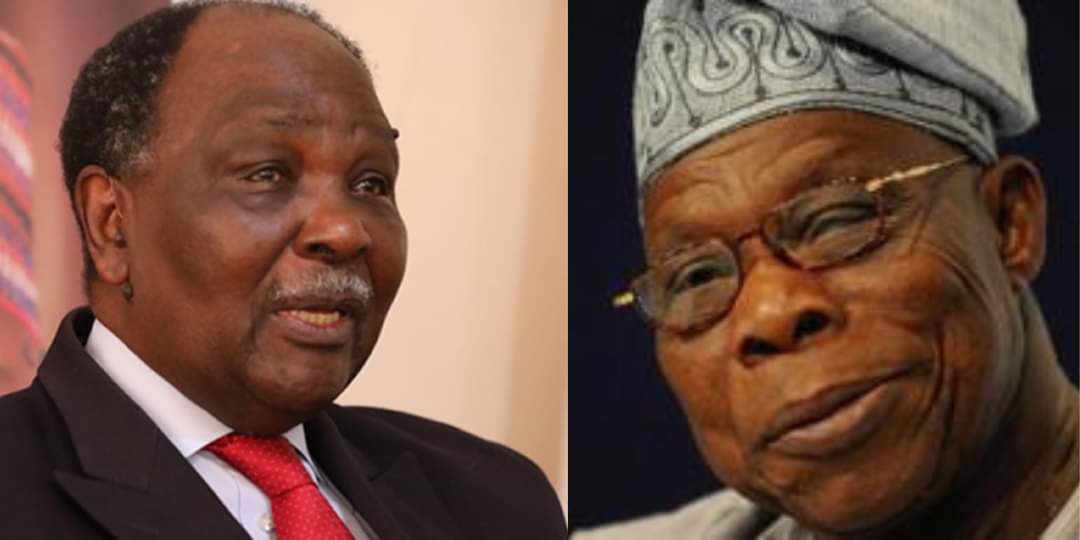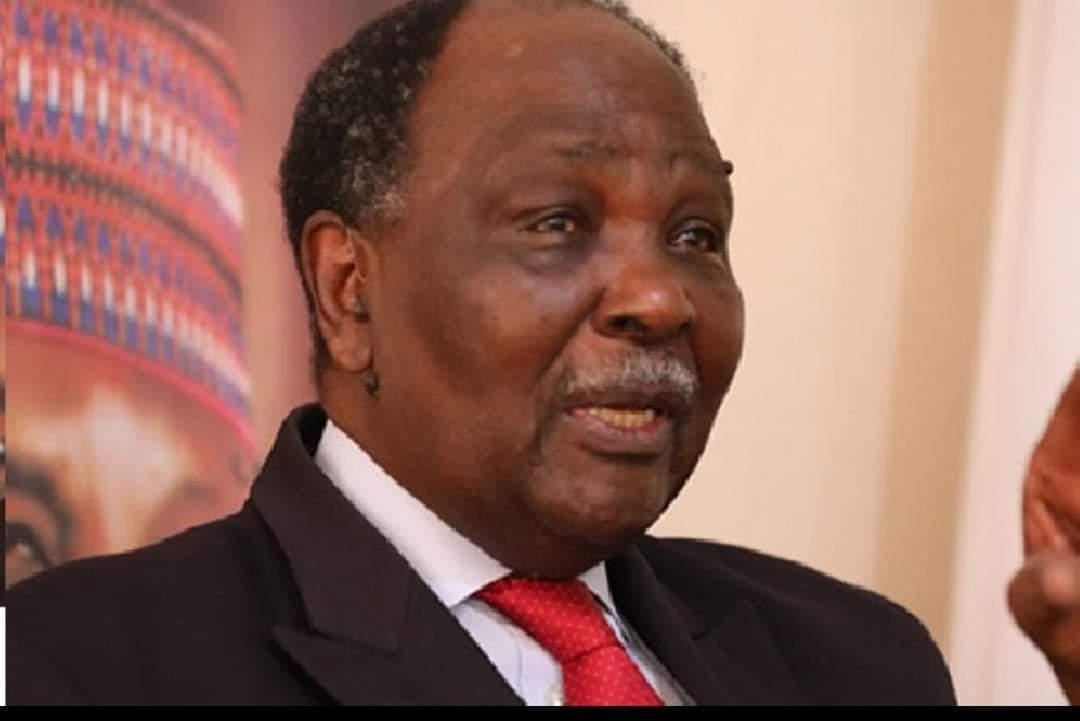The First Invasion of Onitsha was a significant military conflict during the Nigerian Civil War, pitting Biafran forces against the Nigerian 2nd Division. Although Nigerian troops briefly captured the strategic town of Onitsha, Biafran forces swiftly countered, delivering a devastating blow to the Nigerian army.
Background:
On September 20, 1967, General Murtala Mohammed led the Nigerian 2nd Division to force Biafran soldiers out of the Mid-Western Region, compelling them to retreat eastward towards Biafra. To slow the Nigerian advance, retreating Biafran forces destroyed the River Niger Bridge at Onitsha, isolating the Nigerian forces on the western side of the river.
By October, the Nigerian 2nd Division set up artillery positions in Asaba, preparing for an offensive. Despite the advice of the Nigerian Army Headquarters in Lagos, General Mohammed opted for a direct amphibious assault on Onitsha, rather than bypassing the river at Idah.
The Battle:
The Biafran 11th Division, which included the 11th, 12th, and 18th Battalions, was tasked with defending Onitsha. Each battalion was assigned strategic positions around the town:
The 12th Battalion, led by Colonel Mike Inveso, was stationed between Idah and Nsugbe.
The 18th Battalion, under Colonel Assam Nsudoh, defended Onitsha itself.
Major Joseph Achuzie’s 11th Battalion held the line between Atani and Ndoni.
On October 4, 1967, Nigerian artillery began bombarding Onitsha. Eight days later, General Mohammed personally led 5,000 Nigerian soldiers across the Niger River in an amphibious attack. The Biafran 18th Battalion initially retreated, but the Nigerian soldiers, instead of consolidating their hold on the town, looted and burned Onitsha Market. This gave the Biafrans time to regroup and launch a counter-attack.
The Biafran 11th and 18th Battalions launched a pincer movement, with the 11th Battalion advancing along New Market Road and the 18th Battalion moving down Old Market Road. The Nigerian forces were overwhelmed, suffering heavy casualties and losing many soldiers to death or capture.
Despite their losses, General Mohammed ordered reinforcements from Lagos, but these troops also failed to secure Onitsha. A third attempt, led by Lt. Col. Ipoola Alani Akinrinade, met a similar fate, with the Nigerian forces being thwarted by the Biafran defenders.
Realizing that further assaults from Asaba were futile, General Mohammed shifted his strategy and directed his forces northward towards Idah.
This battle remains a pivotal moment in the Nigerian Civil War, highlighting the resilience of Biafran forces and the strategic miscalculations of the Nigerian army.

